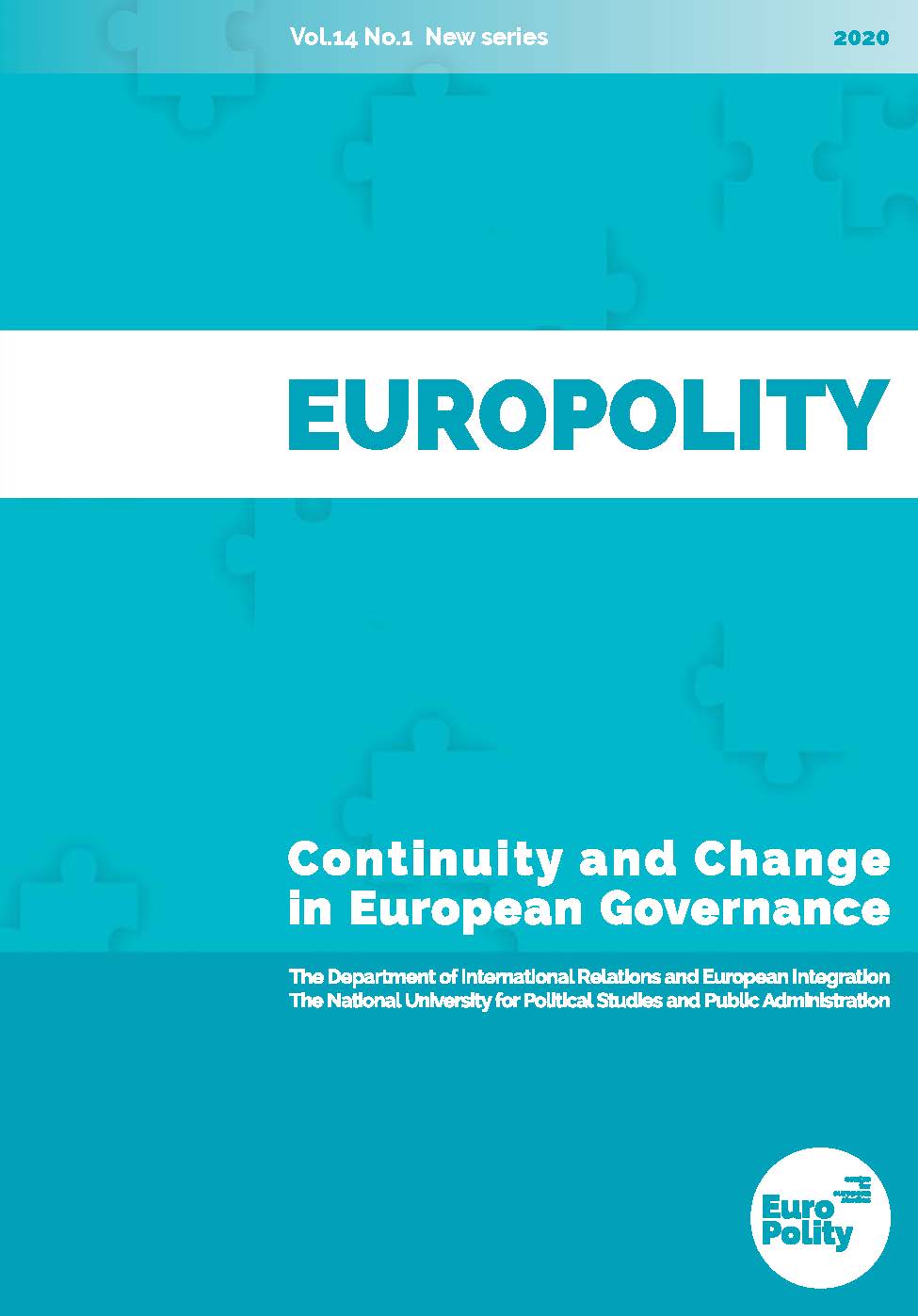ARTIFICIAL INTELLIGENCE AND INEQUALITY IN EUROPEAN UNION
ARTIFICIAL INTELLIGENCE AND INEQUALITY IN EUROPEAN UNION
Author(s): Mihail CaradaicaSubject(s): Security and defense, EU-Accession / EU-DEvelopment, Geopolitics
Published by: Scoala Nationala de Studii Politice si Administrative (SNSPA)
Keywords: artificial intelligence; digital divide; European Union; inequality; machine learning;
Summary/Abstract: The paper aims to explore the roots of inequality in the European Union by focusing on the potential of Artificial Intelligence (AI) to enlarge the actual digital divide. Each time a new technology is broadly implemented in society, it generates economic and social gaps. There are many similar examples in history when a new invention brought poverty for significant categories of people, who faced unemployment due to new industrial machines or found themselves unable to operate or afford new devices. Therefore, the research question that I will try to answer in this paper is: “does artificial intelligence have the potential to create more inequality in the European Union?”. To answer this question, I will firstly address the issue of AI’s state of the art and I will research how this new technology is industrially implemented, aiming to see to what extent it represents a threat to our jobs or our way of life. Secondly, I will search for social mechanisms that generate inequality by using the concept of digital divide. This theoretical approach focuses on the possibility of people impoverishing due to the lack of basic skills and the impossibility to afford new available technologies.
Journal: Europolity - Continuity and Change in European Governance
- Issue Year: 14/2020
- Issue No: 1
- Page Range: 5-31
- Page Count: 26
- Language: English

